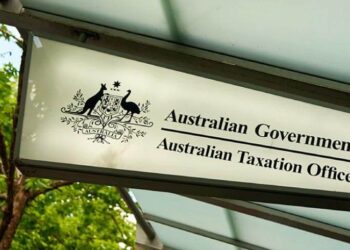Townsends Business & Corporate Lawyers said that, while discretionary trusts can offer substantial flexibility, trustees should still be cautious when making significant changes to their family trust deed.
“Trustees should be cautious about this general perception of flexibility, and should not assume that the same flexibility is afforded to their trust when varying its terms or beneficiaries,” the law firm said in an online update.
If any change in terms of beneficiaries or appointors of the trust triggers a resettlement, the consequences can be expensive, it warned, including occurrence of a CGT event deeming all assets of the trust to be transferred to a new trust at market value.
The law firm gave an example of John and Mary, who are the trustees of their family trust with one of their sons, James, being the only default beneficiary.
“If the trustees didn’t decide otherwise, James as the default beneficiary would receive the trust income annually. James needs a large sum of cash urgently for his business and arranges with John and Mary that if he is paid a substantial lump sum from capital of the trust, he can be removed as a default beneficiary of the trust,” Townsends said.
“John and Mary agree to pay him the capital and remove James as the default beneficiary. They intend to add their daughter Amy in his place as the default beneficiary of the trust.”
However, the law firm warned that if the proposed changes are undertaken by John and Mary either without an appropriate power under the trust deed or not in accordance with the requirements of the power, the proposed change may trigger resettlement with unintended CGT consequences.
“The question of whether the above change is a resettlement is not necessarily a simple one and would require consideration of the trust’s assets, beneficiaries and terms in the trust deed,” it said.
“To avoid resettlement, there must be some continuity of property and membership of the trust, and the amendment should be a proper exercise of a power contained under the trust deed.”


